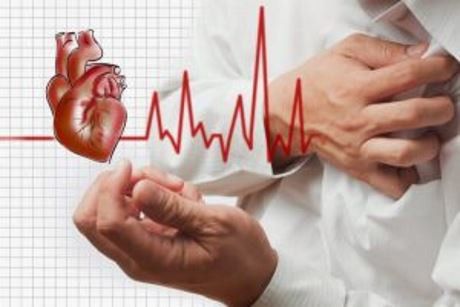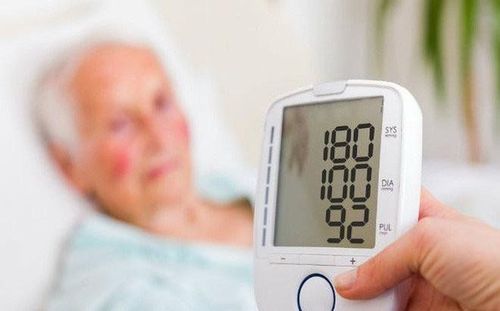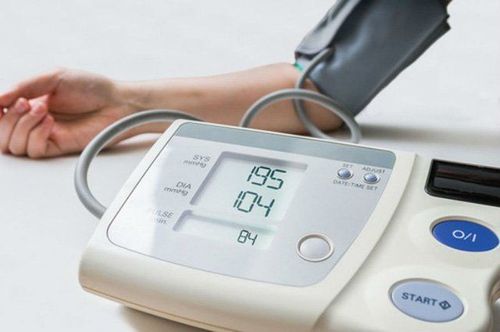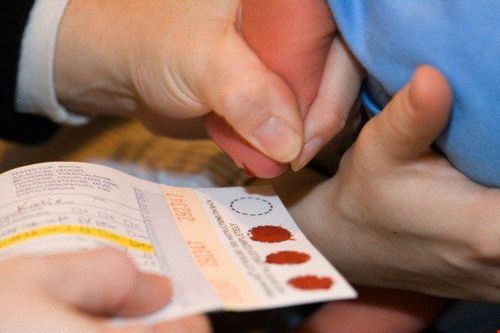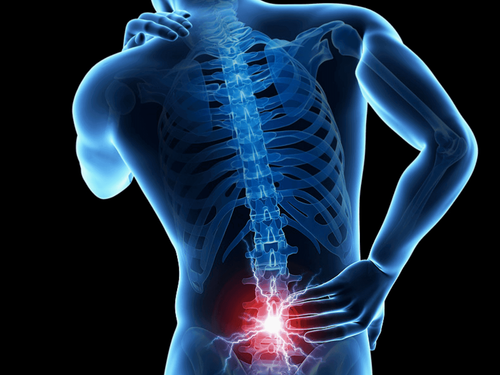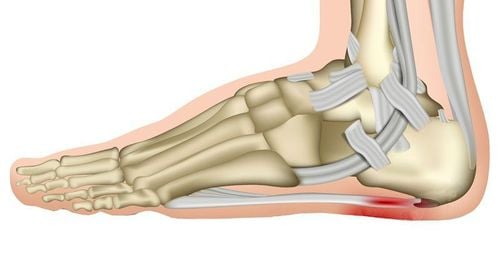Nội dung bạn đang tìm kiếm không có phiên bản tiếng Việt.
Vui lòng chọn tiếp tục để xem nội dung tiếng Anh hoặc đi đến trang chủ Tiếng Việt.
Rất xin lỗi về sự bất tiện này.

Home
Tag ventricular fibrillation
Articles in ventricular fibrillation
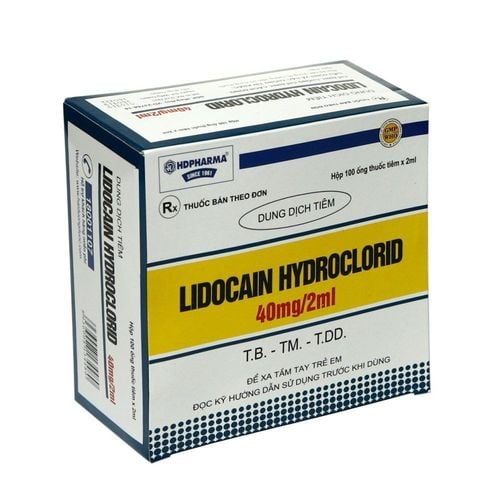
Uses of Lidocaine hydrochloride
Lidocaine hydrochloride is a local anesthetic that blocks the generation and transmission of nerve impulses. In addition, Lidocaine also has antiarrhythmic effects by blocking Na + channels, used intravenously to treat ventricular arrhythmias.
Xem thêm
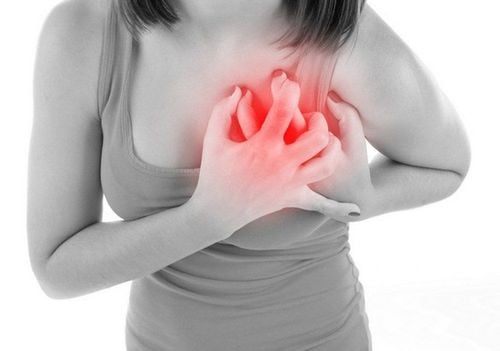
Heart attack and sudden death: What you need to know
Cardiovascular collapse is a very dangerous condition that can cause permanent disability or sudden death in a short time. Understanding cardiovascular collapse and the risk of sudden death will help prevent disease more effectively.
Xem thêm
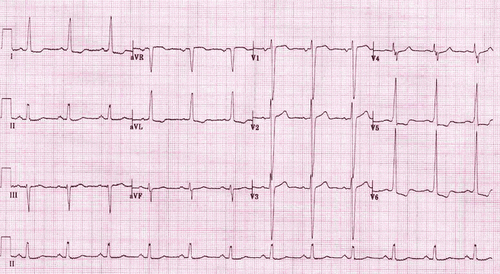
Cardiac arrhythmia results
An arrhythmia is an abnormal condition of the heart rhythm. Arrhythmia occurs in many different pathological contexts, diagnosis and classification of arrhythmias in clinical practice are mainly based on electrocardiogram.
Xem thêm

Concussion: What you need to know
The term concussion (Latin: Commotio cordis) refers to a sudden cardiac arrest that occurs after an impact on the chest wall without causing structural damage to the heart. This phenomenon is mentioned quite early in European literature from the 1700s when a number of healthy athletes suddenly died after a collision during competition.
Xem thêm
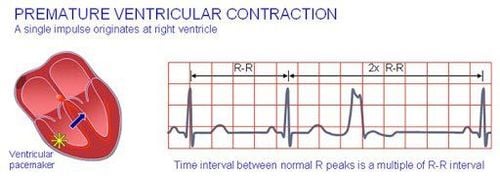
What is ventricular extrasystoles?
Ventricular extrasystoles (PVCs) are the most common cause of irregular heartbeat. This is a common arrhythmia, often discovered incidentally, occurring in both healthy people and those with cardiovascular disease. Some other names for ventricular extrasystoles are: Premature ventricular complex, premature ventricular beat, ventricular ectopic pacing.
Xem thêm
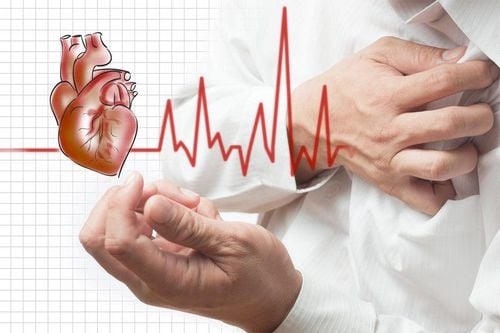
What is Brugada syndrome? Causes and symptoms
Brugada syndrome is a rare genetic disorder. The disease affects heart rhythms and can cause them to become too fast or arrhythmia. When there is an arrhythmia, the heart cannot ensure the function of pumping blood to other organs in the body. If someone in the family is diagnosed with Brugada syndrome, other members need to see a specialist for advice and order laboratory tests to diagnose and detect the disease, in which genetic testing is also necessary. should be considered.
Xem thêm
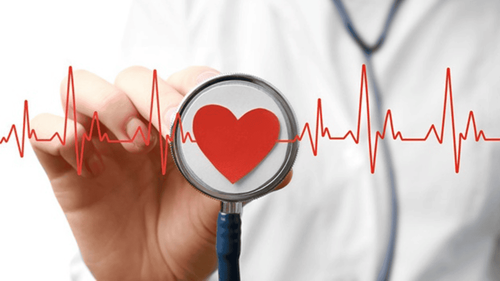
Cardiac arrhythmias and conduction disturbances
In a healthy heart, cardiac signaling is usually smooth, with a normal resting heart rate of 60-100 beats/min. In people with arrhythmias, the heart rate may be faster or slower than the normal heart rate. This can cause uncomfortable, life-threatening signs and symptoms.
Xem thêm
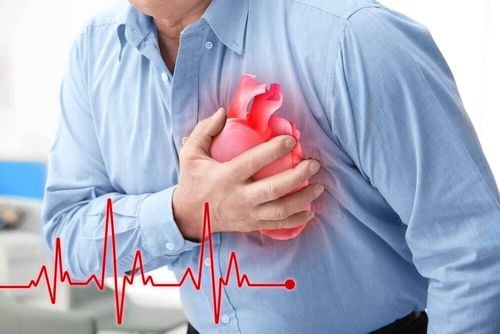
How to detect and treat arrhythmia?
Every day our heart beats about 100,000 times and provides more than 7,500 liters of blood to all organs in the body. Having to work non-stop every day like that, it's hard to avoid times when the heart beats wrongly. So can arrhythmia be cured?
Xem thêm
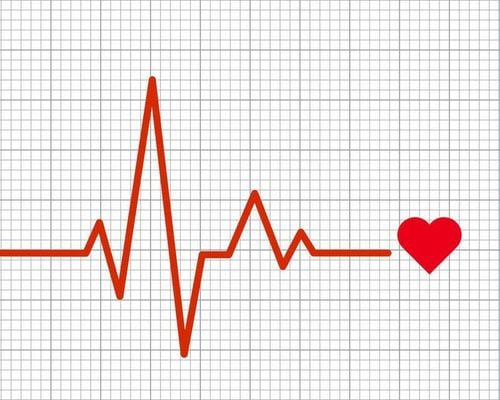
Learn about unsustainable ventricular tachycardia
Unsustainable ventricular arrhythmias are a type of arrhythmia, characterized by episodes of tachycardia lasting < 30 seconds. Tachycardia is very dangerous and requires prompt detection and treatment. Let's learn about unstable ventricular tachycardia in the following article.
Xem thêm
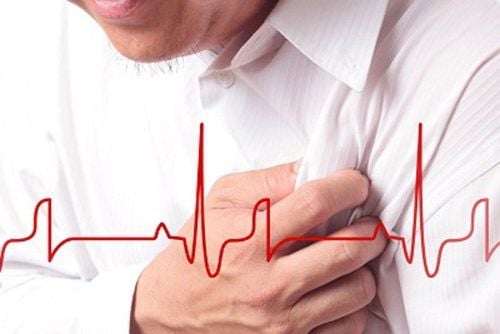
Azithromycin and arrhythmias
Azithromycin is an antibiotic commonly used in the treatment of respiratory infections (pneumonia, otitis media, ...). However, in a few studies on the side effects of Azithromycin, it was found that patients with certain risk factors may develop cardiac arrhythmias while using Azithromycin.
Xem thêm
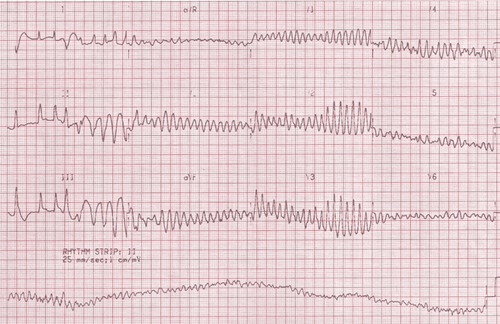
Vibration: What you need to know
Ventricular fibrillation, also known as ventricular fibrillation, is one of the common cardiovascular disorders and has a very high risk of affecting the life of patients, so it is necessary to detect and have appropriate treatment for the condition. this disease.
Xem thêm





